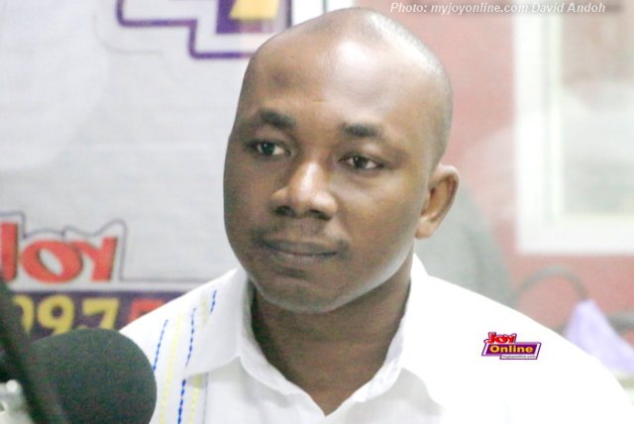An economist, Professor Godfred Bokpin, has called on the government to put in place the right measures to re-instill confidence in investors concerning the economy.
According to him, due to the fast depreciating cedi and the ailing economy, investors have started investing their money in the dollar, a move which is further weakening the cedi.
He noted that such investors although aware of the repercussions of their actions on the local currency, continue to do so out of rationality.
He said “investors are rational actors. When it comes to making money love for country is held constant. Nobody loves Ghana, people love their bottom line, we see GUTA people closing their shop and all of that.”
Prof. Bokpin explained that with the cedi becoming a less desirable store of value, most investors have directed their attention to the dollar.
This he says is as a result of the dollar gaining strength and “having a future”.
“So when people exit and there are no alternatives because of the time value of money they wouldn’t want to keep the money idle and therefore they will look for a currency that is more stable and the currency that is more stable right now is the dollar,” he said.
He added “If you look at it from the global dimension, you’ll see that dollar has a future not even only in Ghana here because the dollar is strengthening consistently across even major trading currencies. So if you’re an investor and you have money, you’re looking at denominating your money in a currency that is stable and more so could strengthen.”
The Economist has warned that should the managers of the economy not put in place measures that will re-anchor the support and confidence of investors into the cedi, the country will be headed into direr times.
“The country and the powers that is vested in those who are managing the country, the country must love itself enough to put in place the right measures so that you anchor the love of individuals around that particular angle. Other than that people will misbehave.”
“When it happens that way the trade-off is cedi, anytime you go and buy dollar, automatically you’re selling cedis. And as a lot more people are demanding dollars they’re selling cedis. As supply of cedis increases then the value will have to come down. So if you look at it from that perspective then you know that probably you could say that the worst is yet to happen,” he said.
Latest Stories
-
Bawumia joins thousands in Kumasi for burial prayers for Ashanti Regional Imam
2 hours -
Blue Gold Bogoso Prestea Limited challenges government actions in court
3 hours -
Verdicts due for 51 men in Pelicot mass rape trial that shook France
3 hours -
Syria not a threat to world, rebel leader Ahmed al-Sharaa tells BBC
3 hours -
Patrick Atangana Fouda: ‘A hero of the fight against HIV leaves us’
4 hours -
Trinity Oil MD Gabriel Kumi elected Board Chairman of Chamber of Oil Marketing Companies
4 hours -
ORAL campaign key to NDC’s election victory – North America Dema Naa
5 hours -
US Supreme Court to hear TikTok challenge to potential ban
5 hours -
Amazon faces US strike threat ahead of Christmas
5 hours -
Jaguar Land Rover electric car whistleblower sacked
5 hours -
US makes third interest rate cut despite inflation risk
5 hours -
Fish processors call for intervention against illegal trawling activities
6 hours -
Ghana will take time to recover – Akorfa Edjeani
6 hours -
Boakye Agyarko urges reforms to revitalise NPP after election defeat
6 hours -
Finance Minister skips mini-budget presentation for third time
6 hours

